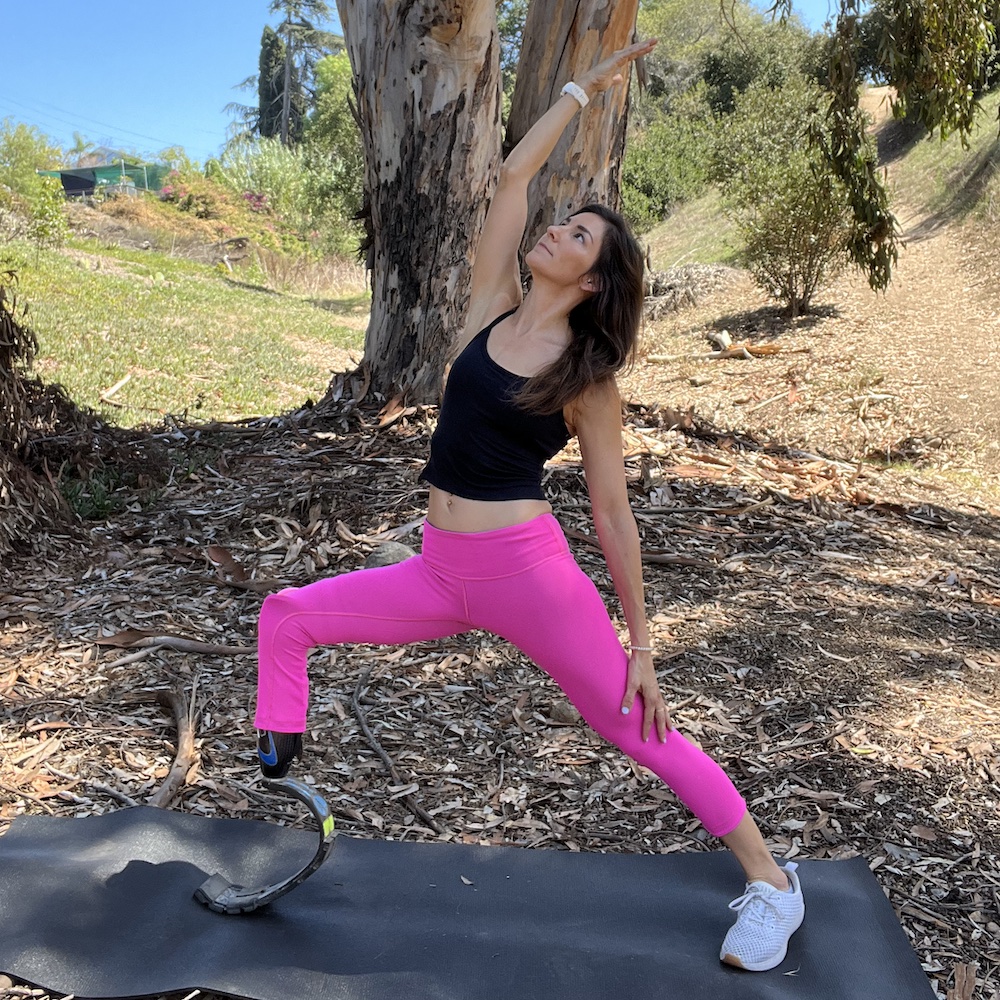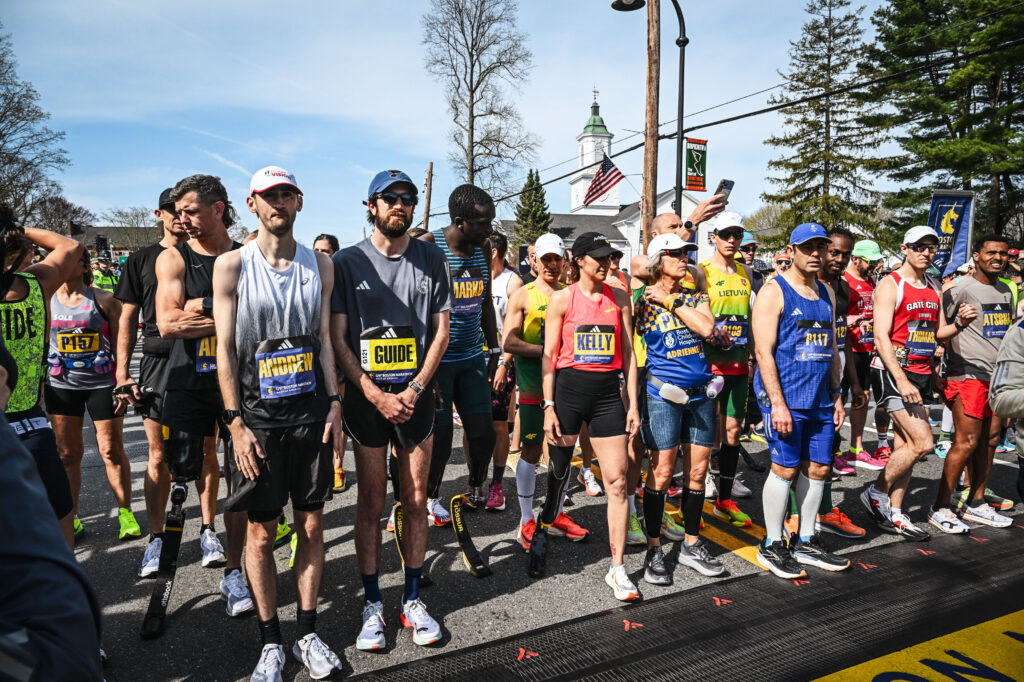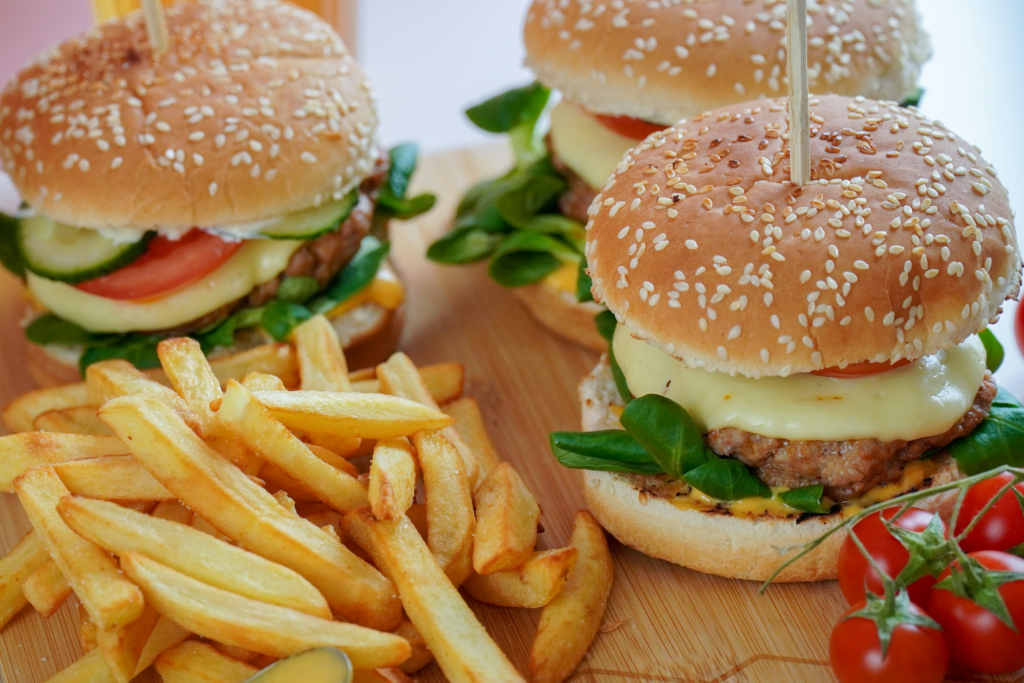We live in a culture that glorifies the grind. Emails at midnight, workouts squeezed in at 5 a.m., multitasking through meetings, and the endless to-do list — all in the name of productivity and achievement. But here’s the hard truth: being “on all-of-the time” doesn’t make us more effective. It makes us exhausted, distracted, and eventually burned out.
The good news? Research shows that peak performance doesn’t come from doing more, but from doing less — with more focus, clarity, and recovery. In this article, we’ll explore the science of sustainable performance, practical strategies to protect your energy, and how you can build mental clarity that lasts.
Burnout vs. Sustainable Excellence
Burnout isn’t just “being tired.” It’s a recognized syndrome defined by the World Health Organization, characterized by:
- exhaustion
- cynicism or detachment
- reduced efficacy
According to a 2019 report from the National Academy of Medicine, burnout rates in healthcare professionals alone exceed 50%, with similar numbers in high-achieving fields like law, finance, and athletics.
On the flip side, sustainable excellence means showing up at your best without draining your reserves. It’s about clarity, prioritization, and knowing when to push — and when to pause.
💡 If this resonates, you may also like my blog on Redefining Strength as Flexibility, Not Force — a deep dive into why adaptability beats sheer willpower.
Why Multitasking Is a Myth
Many high-achievers believe they’re excellent multitaskers. But neuroscience says otherwise. Research from Stanford University found that people who multitask frequently have lower attention spans, reduced memory, and decreased ability to switch between tasks. What feels like efficiency is actually mental fragmentation.
Every time you switch from one task to another, your brain undergoes “attention residue” — a lingering distraction from the task you just left. Studies estimate this costs us up to 40% of our productive time each day.

👉 Instead of multitasking, try deep work sprints — 60–90 minutes of uninterrupted focus on a single task. I recommend using tools like the 5-Minute Journal for intention-setting and a sunrise alarm clock to start your day without stress.
The Role of Boundaries in High Performance
Boundaries often get mistaken for weakness. But the truth is, boundaries are performance tools. They protect your energy so you can deliver where it really matters.
Harvard Business Review reports that professionals who learn to say “no” experience higher job satisfaction, better mental health, and more sustainable productivity.
Practical ways to set boundaries:
- Establish “focus hours” where you don’t answer emails or messages.
- Set a work cutoff time and silence notifications (research shows that even one ding spikes cortisol).
- Protect recovery time like it’s an appointment with your highest-priority client — because it is.
💡 For more on energy protection, read my blog on The Science of Stress and Recovery.
Mindset Shifts: From Grit to Sustainability
We admire grit — the ability to push through pain, stress, or exhaustion. But lasting performance isn’t about gritting your teeth forever. It’s about shifting your mindset toward sustainability.
Psychologist Angela Duckworth, author of Grit, defines grit as passion and perseverance for long-term goals. But even she notes: grit without recovery leads to burnout.
Research from Dr. Kristin Neff at the University of Texas shows that self-compassion improves motivation, resilience, and performance more than self-criticism does. Giving yourself permission to rest isn’t slacking — it’s sharpening your edge.
Try reframing old beliefs:
- Old: “Rest is weakness.”
- New: “Recovery makes me stronger.”
- Old: “More hours = more success.”
- New: “Clarity creates results.”
Practical Tools for Mental Clarity
Here are science-backed tools to build clarity and protect your energy:
1. The One-Thing Rule
Each morning, identify the single most important task of the day. Research shows prioritization improves execution and reduces stress. Try journaling with the 5-Minute Journal to set that intention daily.
2. Strategic Pauses
Short breaks improve focus and prevent decision fatigue. Even a 2-minute breathing reset activates the parasympathetic nervous system, lowering stress hormones.
3. Digital Hygiene
Turn off non-essential notifications. According to the University of California, Irvine, it takes an average of 23 minutes to return to focus after an interruption.
4. Sleep Optimization
Lack of sleep impairs decision-making as much as alcohol. Improve sleep with a nightly magnesium supplement and sleep mask.
Mindset Resources: Books like Do Hard Things and Grit help reframe your approach to performance.
Anchoring Beyond Achievement
High achievers often tie their identity to productivity or accolades. The danger? When the achievements slow down, self-worth can collapse.
Anchoring your identity in values beyond achievement is critical. Ask yourself:
- Who am I outside of my work or sport?
- What relationships, passions, or qualities matter most to me?
- How can I measure success by aligning with my values, not just outcomes?
This shift not only protects your mental health — it makes performance more meaningful.
Your Next Step Toward Sustainable Performance
You don’t need to overhaul your life to find clarity and balance. Start with one new little habit: set a boundary, choose a practice to focus on, or try reframing your mindset.
Remember: being “always on” doesn’t make you stronger — it makes you scattered. True excellence comes from clarity, focus, and energy that lasts.
👉 Explore my Amazon storefront for tools I use daily:
And if you haven’t yet, check out my blog on Science-Backed Recovery Tools You Need to Perform Better for a deeper dive into how to fuel your body for performance.
Final Word
You don’t have to live in burnout mode to achieve big things. By working with your physiology, setting boundaries, and anchoring your identity in more than achievement, you can create sustainable performance that doesn’t just help you succeed — it helps you thrive.








